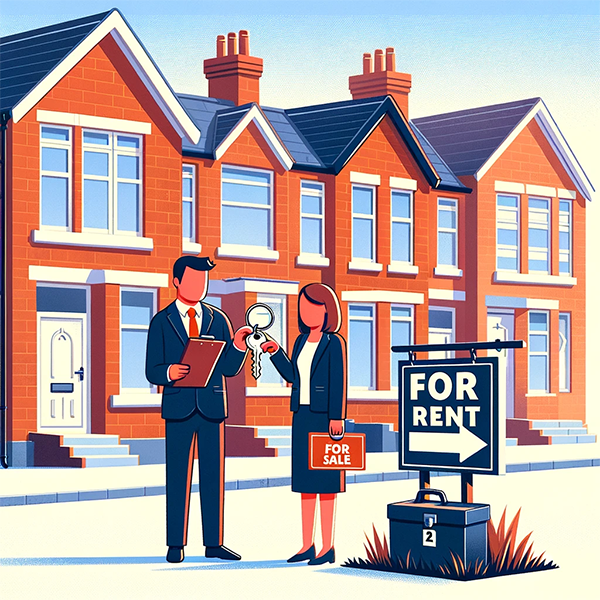The Role of Residential Management Companies and Property Managing Agents in the UK
When it comes to managing properties, especially in the UK, there are two key players you might come across: Residential Management Companies (RMC) and Property Managing Agents. Both have their own roles and responsibilities, and it's important for property owners, investors, tenants, and leaseholders to understand the difference between the two.
What is a Residential Management Company (RMC)?
A Residential Management Company, often referred to as an RMC, is typically owned and operated by the leaseholders of a property. The main role of an RMC is to manage the communal areas and services of a building or estate. These include tasks like:
- Maintaining and repairing communal areas (hallways, gardens, lifts)
- Managing shared facilities (swimming pools, gyms)
- Handling finances related to the upkeep of the property
- Ensuring compliance with health and safety regulations, fire safety, and other statutory requirements
An RMC is usually set up when a property is divided into multiple flats or units. The leaseholders often become members or shareholders of the RMC and may also serve as directors. Note that leaseholders are different from tenants; leaseholders own a leasehold interest in the property, while tenants rent the property. This gives leaseholders a direct say in how the property is managed, ensuring that everyone’s interests are represented.
What are Property Managing Agents?
Property Managing Agents are professional firms hired to manage a property on behalf of the owner, an RMC, or a freeholder. Their duties often include:
- Collecting rent or service charges
- Arranging for repairs and maintenance
- Handling administrative tasks like paperwork and compliance with regulations
- Managing tenant relationships
- Conducting property inspections
- Offering expert advice on maximising property value and minimising costs
Unlike an RMC, Property Managing Agents are not owned by the leaseholders. Instead, they are external service providers who bring professional expertise to ensure the property is managed efficiently. They act as intermediaries between property owners, tenants, and any RMC in place.

Key Differences
Ownership and Control
- RMC: Usually owned and managed by the leaseholders themselves.
- Property Managing Agents: Independent firms hired by the property owner, an RMC, or a freeholder.
Decision Making
- RMC: Leaseholders have a direct say in decisions and can directly influence the management of their property.
- Property Managing Agents: Decisions are made by professionals based on their expertise and the instructions given by the property owner, RMC, or freeholder. They ensure compliance with legal and regulatory requirements.
Expertise
- RMC: May lack professional management experience but have an intimate understanding of the property. However, RMCs can also hire Property Managing Agents to handle day-to-day management tasks.
- Property Managing Agents: Bring specialised knowledge and experience to manage the property effectively.
For Property Owners and Investors
If you're a property owner or investor, understanding these roles is crucial for maintaining and maximising the value of your investment. An RMC gives you a strong sense of control and direct involvement in the management process, which can be particularly beneficial for smaller properties or those with a close-knit community of leaseholders. However, hiring Property Managing Agents can ease the burden of day-to-day management by leveraging professional skills and experience.
For Tenants and Leaseholders
As a leaseholder or tenant, it's beneficial to know who is responsible for the management of your building. If an RMC is in place, you may have more influence and transparency in the management process, as decisions are made by fellow leaseholders who share your interests. On the other hand, if Property Managing Agents are involved, you can expect a professional approach to handling issues and maintaining the property.

Tenants benefit indirectly as an RMC ensures the property is well-maintained. The tenant's primary point of contact is usually their landlord or letting agent, who in turn deals with the RMC on matters that affect the tenant's living conditions.
